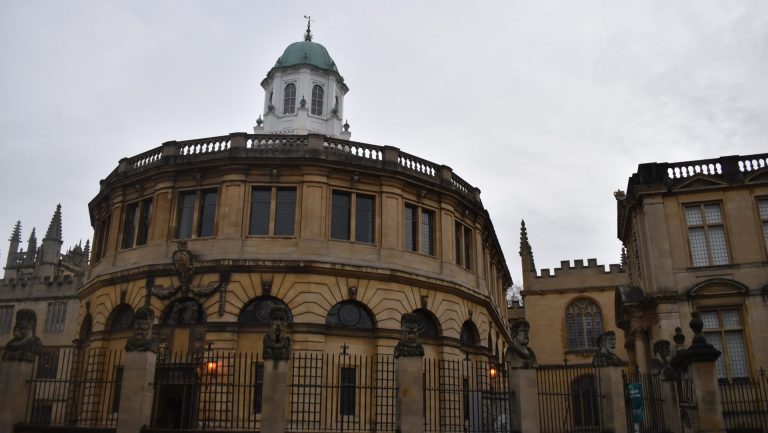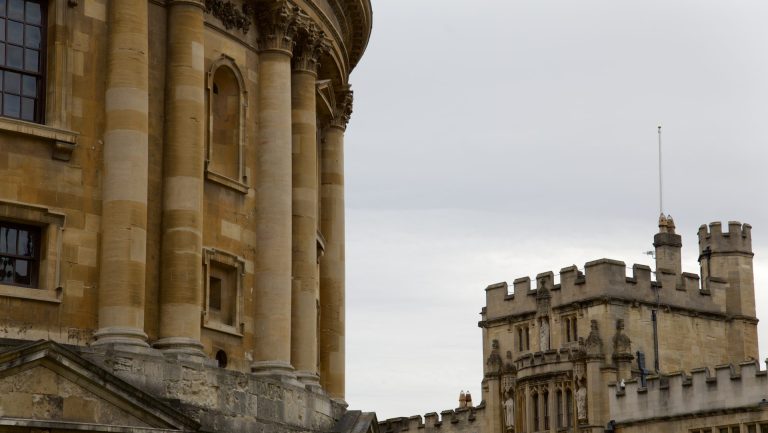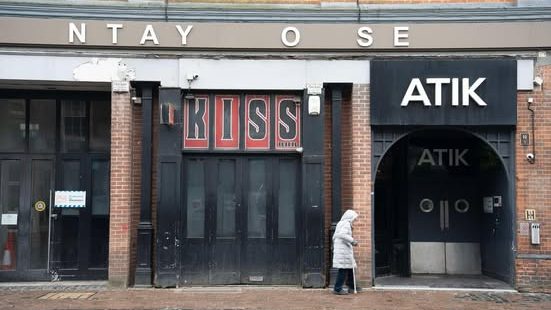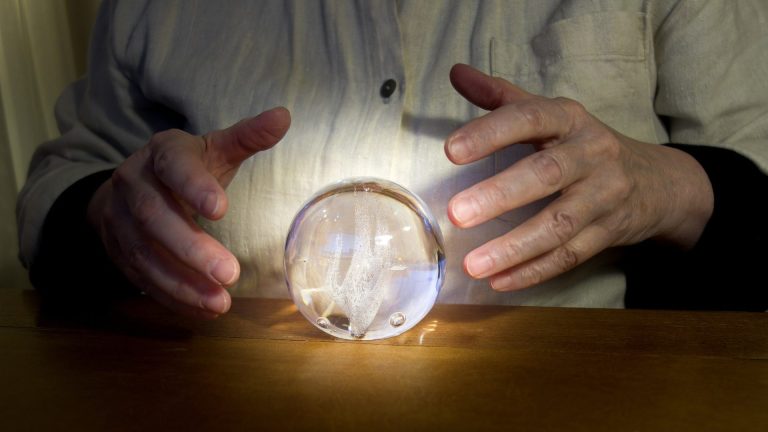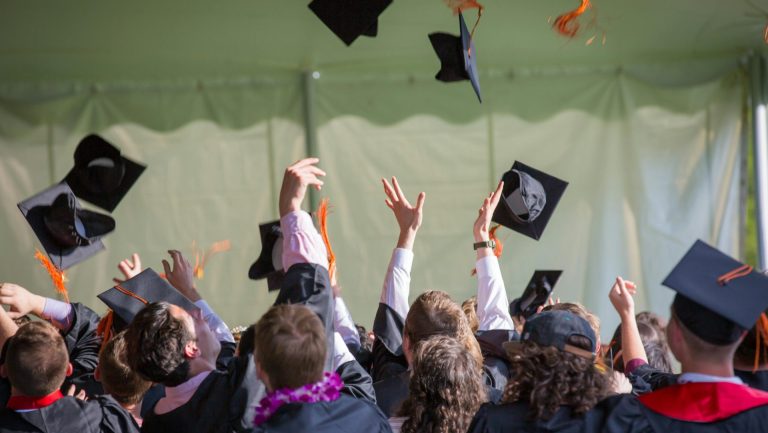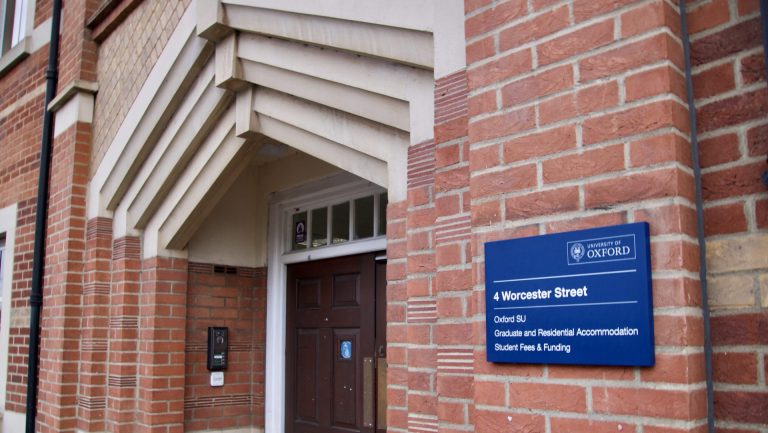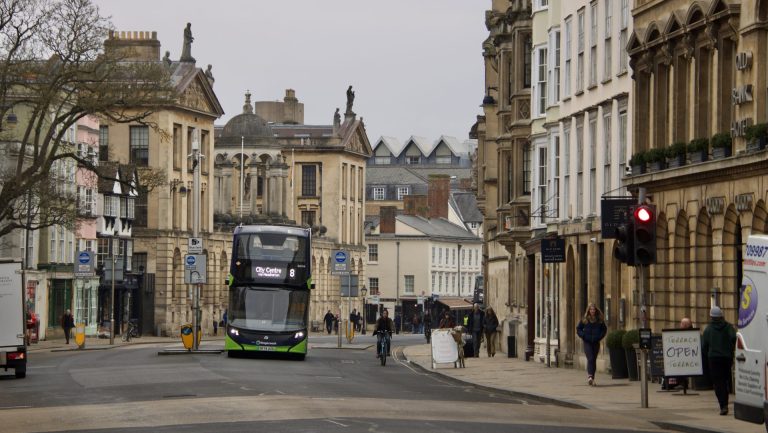Whether or not you’re a believer in those who can see the future or speak to the dead, films featuring psychics and clairvoyants are never a dull watch.
If you’re looking for a new favourite thriller or supernatural drama to sink your teeth into, here’s a selection of the best movies featuring psychics and clairvoyants to add to your watchlist.
The Dead Zone (1983)
Directed by David Cronenberg and starring Christopher Walken, The Dead Zone is highly regarded as one of the best adaptations of a Stephen King novel of all time.
The sci-fi thriller features Chrstopher Walken as Johnny Smith, a teacher who gains psychic abilities after surviving a car accident that left him in a coma for five years. As he predicts his way through murders and accidents, the movie takes a turn when Johnny discovers a candidate for the presidential election is set on nuclear domination.
Not only is the movie expertly directed and well-acted, but the suspenseful ambiance and gripping storyline will have you on the edge of your seat the entire time.
If movies aren’t enough to satisfy your craving or you’re not entirely convinced that those with psychic abilities are genuine, why not immerse yourself in the world of psychics? There are plenty of places where you can find a free online psychic reading and get the full experience for yourself.
Ghost (1990)
Ghost is a classic romantic drama directed by Jerry Zucker, and features an impressive cast including Patrick Swayze, Demi Moore, and Whoopi Goldberg.
When Sam Wheat (Patrick Swayze) is murdered one night in a dark alley, his spirit remains amongst the living. However, after discovering that the love of his life (Demi Moore) is in grave danger and he has no way of interacting with the physical world, he turns to an unsuspecting spiritual medium (Whoopi Goldberg) to help him warn her before it’s too late.
Despite a sombre tone, Whoopi Goldberg adds a quick wit and lightheartedness to an otherwise emotional film. With romance, sentiment, humour, suspense, and an iconic pottery making scene, this movie has everything you could want from a 90s romantic drama and more.
The Gift (2000)
The Gift, directed by Sam Raimi, features an A-list ensemble including Cate Blanchett, Katie Holmes, Keanu Reeves, and Hilary Swank.
This captivating supernatural thriller follows a widowed mother of three with a gift who tries to make ends meet working as a psychic. When their small town is hit with the tragedy of a missing young woman, authorities enlist the help of the psychic to help uncover the mystery.
If you’re a fan of a good mystery with outstanding acting, a mesmerising soundtrack, and an unpredictable plot, The Gift is the perfect choice for your next movie night.
Minority Report (2002)
Directed by Stephen Spielberg and starring Tom Cruise, Minority Report is an exciting and complex conspiracy thriller that often gets overlooked.
Starring Tom Cruise and set in the year 2045, this futuristic story centres around Washington D.C., where crime has been almost completely eliminated thanks to a new crime fighting system that warns authorities of crimes before they occur. However, when Chief John Anderton, one of the PreCrime cops, is predicted to kill someone, he must attempt to clear his name.
The movie offers nail biting tension from Spielberg’s direction, Cruise’s performance, and John Williams’ superb soundtrack.
Red Lights (2012)
A mystery drama with an unforgettable cast, Red Lights tells the story of a skeptical psychologist, Dr. Margaret Matheson, and her physicist assistant, Tom Buckley, who travel around debunking fraudulent paranormal activity. After a famous psychic, Simon Silver, returns after decades of absence, Tom becomes fixated on finding out whether or not Simon is a fraud.
Sigourney Weaver, Robert De Niro, and Cillian Murphy, offer excellent performances in their roles, and the engrossing storyline of this unique mystery drama will keep you captivated from start to finish.
Doctor Sleep (2019)
If you’re a fan of the 1980s classic, The Shining, then you’ll love Doctor Sleep. This movie is a continuation of The Shining, which follows a now adult Dan Torrence.
Traumatised from his past and struggling to find a job, Dan moves to a small town where he meets a young girl with powers, who he soon realises must be protected from a cult of evil beings.
Ewan McGregor delivers an exceptional performance as Dan Torrence and Mike Flanegan (director) honours both the Stephen King Novel that the movie is based on, and Stanley Kubrick’s adaptation of the first film.
Which one is going on your watchlist?
Whether you opt to watch an older classic like Ghost or a newer adaptation such as Doctor Sleep, movies featuring psychics and clairvoyants always offer suspense, intrigue, mystery, and exceptional entertainment. So, grab some popcorn, sit back, and enjoy.


